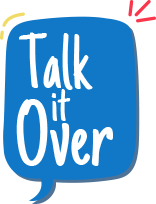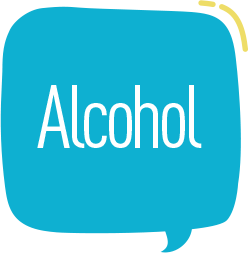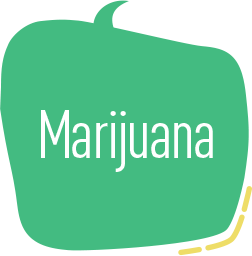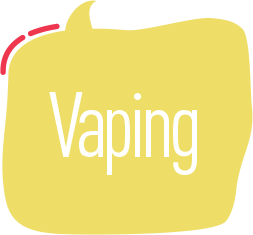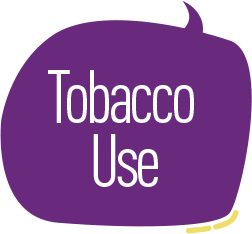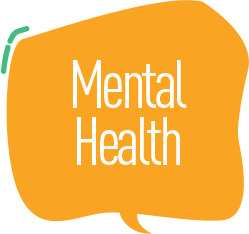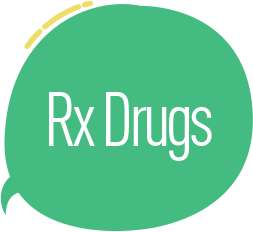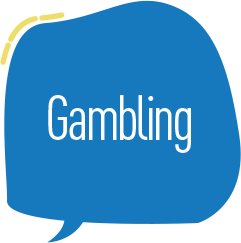Let’s talk about other drugs.
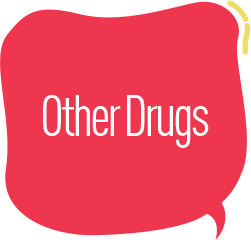
Youth today are under pressure to fit in with friends and social groups. One of those common pressures is to use illegal drugs. Your child may think they are “just having fun” or “taking the edge off,” but experimentation can quickly turn into an addiction, legal trouble, and serious health issues.
As a parent, it can be difficult to stay educated on all the substances that are available to youth. What you can do is keep a close eye on your child’s behavior, and talk to them about the risks of taking any drug other than medications prescribed to them.
What parents need to know
There are many illegals drugs that young people can get their hands on. Some of the most common ones are cocaine, hallucinogens, MDMA (ecstasy/Molly), methamphetamine, inhalants, synthetic cannabinoids (K2/Spice), and anabolic steroids.
All drugs have some side effects. Illegal drugs are against the law for a reason—they’re dangerous.
- Potential health effects can include addiction, overdose, heart problems, anxiety, depression, severe dental problems (“meth mouth”), violent behavior, and death, among other problems.
Teenagers use drugs for a variety of reasons, including:
- Rebelling against authority
- Trying to fit in with a group of friends
- Self-medicating for their anxiety, stress, or depression
- Curiosity and experimenting
- Relief from unpleasant emotions
It is important for parents to be aware that drug use and mental health problems often go together.
- Teens are at risk of developing an addiction or addictive behaviors if they are exposed to chaos in the home or if parents have mental health or addiction problems.
When kids buy illegal drugs or prescription drugs, they can never be sure of what they are getting.
- For example, MDMA or ecstasy is often cut with other chemicals such as caffeine, amphetamine, LSD, PMA, and ketamine.
- Drugs like “street oxy,” heroin, or cocaine can be cut with fentanyl, so someone could end up ingesting this dangerous substance without even knowing it.
What the law says
- Anyone caught with illegal drugs can face legal trouble. Depending on the circumstances and amount, the charges can include possession, public intoxication, driving under the influence, or intent to sell an illegal substance.
- Youth convicted of an illegal drug charge can go to juvenile detention or jail.
- Other punishments include behavioral intervention that focuses on the addiction, not the behavior – either at home or in a community-based center.
Starting the conversation
It’s never too early to start talking about issues like drug addiction, drinking, and tobacco use – even in preschool, since kids are exposed to these things in the community and the media.
- Set a good example. Whether we want to be or not, we are role models for our children. They want to do what they see us do, so it is best for us not to use drugs, smoke, or drink to excess. If you feel that you may have an addiction problem, get help for yourself. You cannot expect your child to avoid drugs if you are engaging in these types of behavior.
- Explain to them what to do. Every time that you talk with your children about how to stay healthy, they are learning that you love them and that it is important for them to take care of themselves. Helping your children build self-esteem makes it easier for them to say no to drugs.
- Look for teachable moments. Use any (and every) opportunity to talk with your children about drugs, whether it’s from what they see on the street, in books, on the computer, or in television and movies. This lets you clear up any misunderstandings, as well as share your own personal feelings on the subject.
